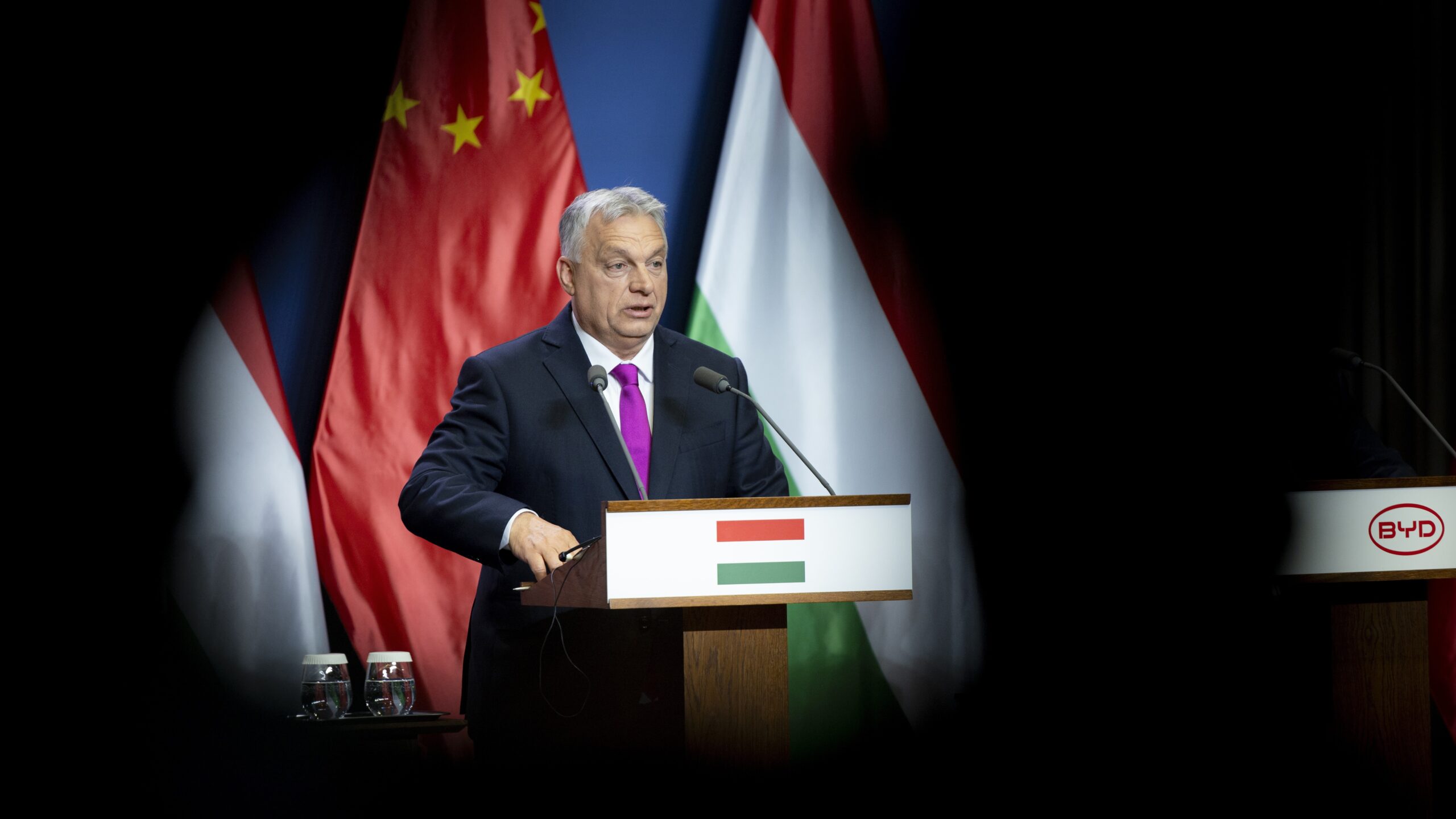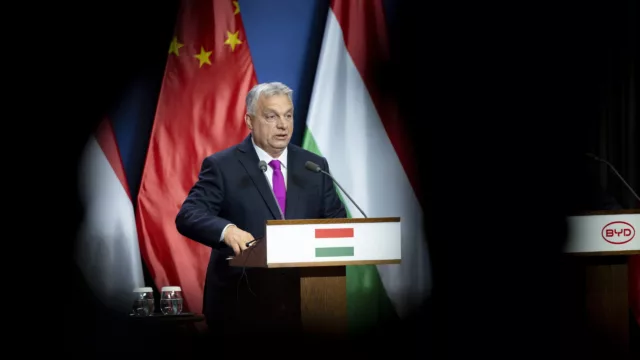
Hungary has officially entered a new era of industrial development with the signing of a strategic cooperation agreement between the government and Chinese electric vehicle giant BYD. Prime Minister Viktor Orbán announced the deal in Budapest following meetings with BYD CEO Wang Chuanfu and Guangdong Governor Wang Weizhong.
‘This agreement means that the cars of the future will be made in Hungary,’ Orbán stated, highlighting the nation’s transformation into a hub for cutting-edge electric mobility technology.
The Prime Minister emphasized that Hungary has come a long way since joining the global automotive industry in 1990, crediting Hungarian engineers and factory workers for laying a strong industrial and technological foundation. ‘Thanks to their work, we are ready to take the next step,’ he said.
Orbán acknowledged that the world is undergoing a major technological shift driven by new consumer needs and innovations in mobility. Hungary, he affirmed, is committed to being part of this transition. ‘We made a strategic decision: the Hungarian industry must join the era of electromobility.’
‘We made a strategic decision: the Hungarian industry must join the era of electromobility’
Despite short-term market fluctuations, he said the government remains firm in its long-term vision. ‘There are ups and downs with any new technology, but this is the future, and Hungary must not be left behind.’
The Prime Minister stressed the importance of international partnerships in this transformation, particularly with China, the global leader in electric vehicle technology. ‘Hungary cannot enter this new era alone. We need Chinese–Hungarian strategic cooperation,’ he declared, noting that bilateral relations are currently at their most active point in history.
He recalled that Hungary joined China’s Belt and Road Initiative early on and helped establish the China–Central Europe economic cooperation platform back in 2010–11. Orbán also pointed to President Xi Jinping’s recent visit to Budapest, where he invited Hungary to participate in the modernization of China’s economy—a proposal Hungary has embraced.
The Prime Minister described Hungary’s global economic policy as one of ‘connectivity,’ maintaining strong, pragmatic relations with all global power centres. ‘To achieve our economic goals, strategic cooperation with China is essential,’ he added.
Through this connectivity strategy, Hungary aims not only to modernize but also to build a more resilient economy, becoming a key meeting point for Western and Eastern capital, technology, and trade.
Orbán reiterated his long-standing opposition to EU-imposed tariffs on China and called for a return to mutual respect and economic partnership. He pointed out that Hungary–China trade has doubled over the past decade, with China becoming one of Hungary’s top three investors alongside the US and Germany.
‘Orbán reiterated his long-standing opposition to EU-imposed tariffs on China and called for a return to mutual respect and economic partnership’
He highlighted several large-scale infrastructure projects under way with Chinese support, including the Budapest–Belgrade railway, the V0 rail freight ring, and a new oil pipeline connecting Hungary and Serbia.
But beyond manufacturing, Hungary aims to attract research and development operations. That’s why the BYD agreement is so significant: not only is the company building a factory, but it’s also establishing an R&D centre in Hungary. ‘This shows our plan is working,’ Orbán stated.
He noted that BYD joins a growing list of major international companies—such as Audi, Samsung, Bosch, Mercedes, and Stellantis—that have already set up R&D centres in Hungary. Thousands of highly skilled engineers are employed in these facilities, and BYD alone is expected to create 2,000 new high-skilled jobs.
Orbán concluded with confidence: ‘BYD is just the beginning. More will follow.’
Related articles:









